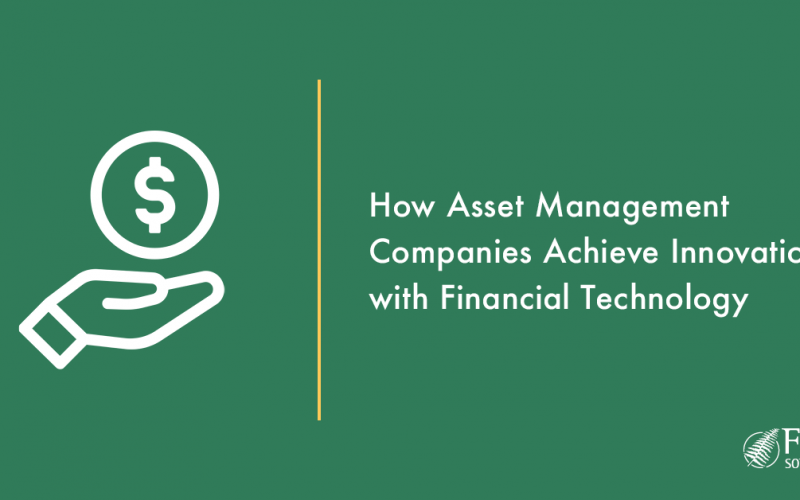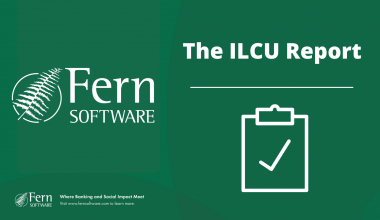The use of financial technology to maintain security for clients is still in technological evolution. Nevertheless, many companies continue to bring more convenience to customers to ensure safe financial transactions and queries.
Asset management companies are an interesting industry category to analyse. Since asset managers look after other people’s investments, clients have to trust them implicitly with their financial data.
What are these companies using lately to make this happen? Newer software features can help asset management services thrive in the years ahead.
Asset Managers Believe FinTech Innovation Helps Customers
Sources like PWC.com show evidence that asset management companies believe FinTech technology is the only way they can grow. They also believe it helps to nurture closer customer relationships.
Their only challenge is far too many of those companies still don’t take these new technologies seriously. Interestingly enough, PWC above notes these asset managers seem more interested in automation technology and data analytics.
While those are important areas to cover in FinTech, placing customer relationships into the equation is the only way asset management companies can truly innovate. Some key technologies are now at the forefront, however.
Two specific technologies are already emerging in other market industries.
The Use of DARQ Technologies in the Financial Sector
Those new to what DARQ technology is should know it’s an acronym standing for distributed ledger technology, AI, extended reality, and quantum computing. It’s the first two in that acronym making the biggest waves in terms of FinTech.
Many tech companies are helping to develop these for the asset management industry so it brings a new level of intelligence and security like no one’s ever seen.
Distributed ledger technology is otherwise known as blockchain. It’s through blockchain that can truly change the financial sector for the better. It helps build a network where financial transactions occur with complete security thanks to a decentralised database. As such, it allows private transactions to occur while also leaving behind a permanent record of each action as evidence.
Use of blockchain is still growing, but artificial intelligence (or applied intelligence) is growing just as fast. Through use of applied intelligence, an asset manager gains more granular analytics on how to proceed with specific financial actions. With AI working in real-time, insight into the stability of the financial industry is more than a little valuable.
Finding the Right Features in a Core Banking Software
While the above technologies continue to evolve, some already integrate into banking software all asset management companies need. What kind of features might you find there that apply some essential uses of FinTech?
A good place to start is in the realm of analytics. Integration of a CRM into banking software is common now where detailed data on clients is instantly retrievable. However, analytics go beyond just a CRM. A separate tier devoted to financial data that’s outlined with attractive visuals is essential.
Applications of AI are important in this equation since AI is responsible for gathering the data in the first place. Otherwise known as big data, this gives the bigger picture to a financial company in terms of how the general financial industry looks. Plus it gives a wider view of what’s going on internally in the company.
Bringing infinite scale to financial software is equally important with ability to bring convenient apps to customers for easy communication. Being able to use a secure system to talk with clients who borrow money is the key to sustained customer relationships all asset managers look to build.







1 comment